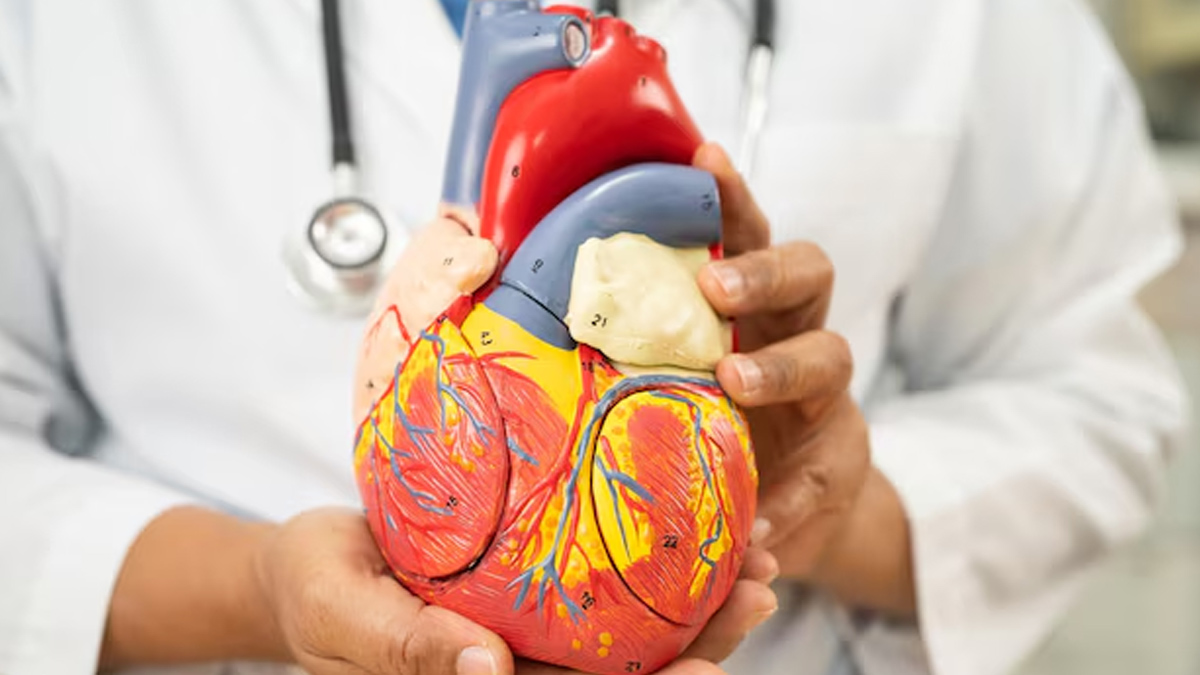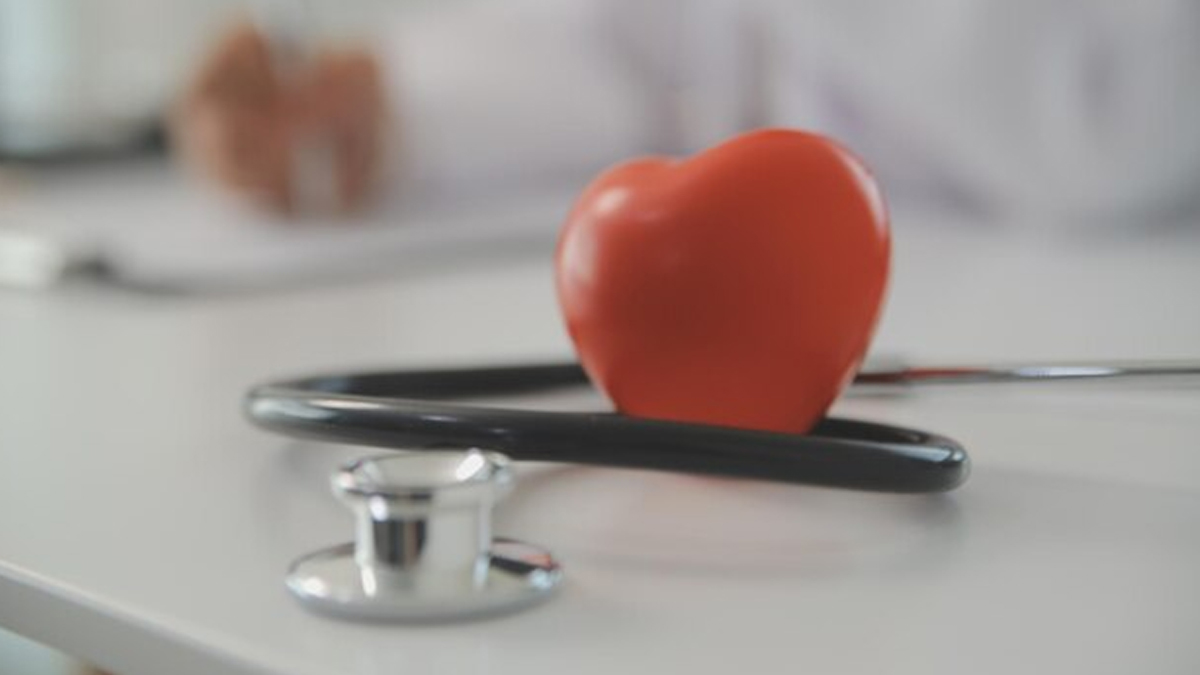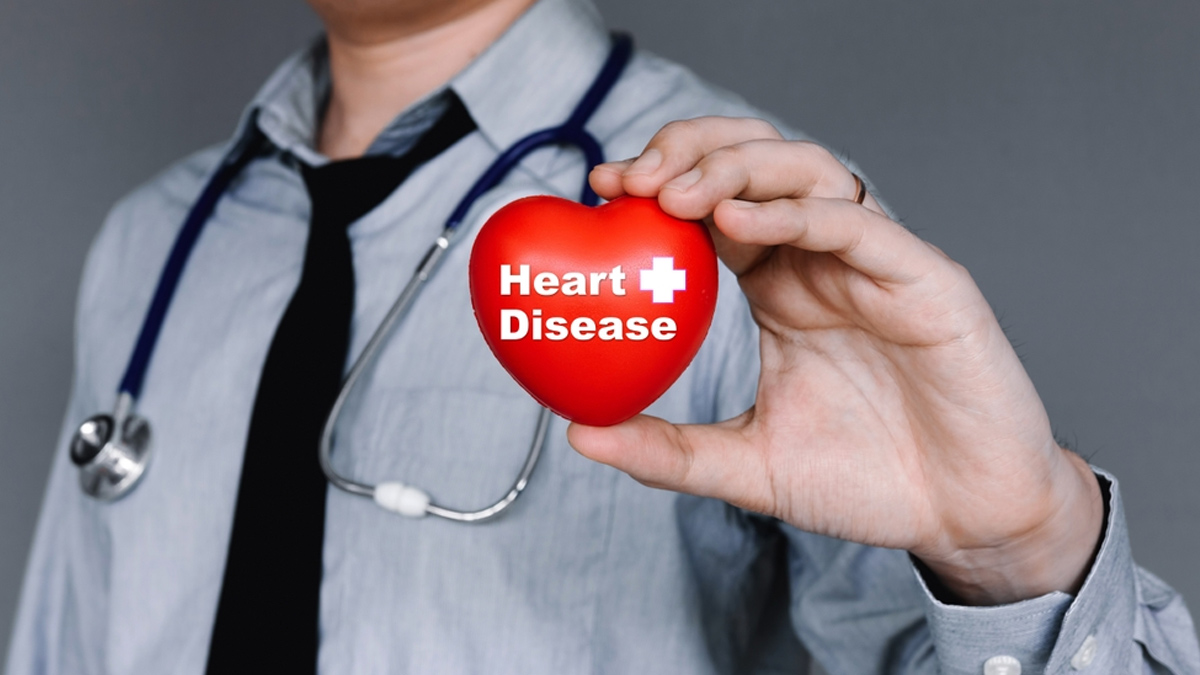
As Diwali preparations ramp up, families and friends eagerly anticipate the festive season. From children to adults, everyone looks forward to the celebrations, often setting aside regular healthy habits in the excitement. However, doctors emphasise the importance of staying mindful during this time. Festive indulgences, such as sweets, late-night gatherings, binge-eating, drinking, and heightened stress, can all strain the heart and increase health risks. Therefore, it’s essential to remain cautious of conditions like holiday heart syndrome, often linked to long weekends, vacations, and festive holidays.
Table of Content:-
Also Read: Crucial Steps To Take If Heart Disease Runs In Your Family
What Is Holiday Heart Syndrome?

For those who don’t know, holiday heart syndrome, also known as atrial fibrillation, is a condition where people experience irregular heart rhythms, known as arrhythmias, typically after periods of heavy drinking, often during holidays or weekends.
Originally identified by Dr Ettinger and colleagues, the term was coined after observing patients who developed atrial fibrillation, a type of arrhythmia, following weekend drinking binges.
While most commonly linked to alcohol, holiday heart syndrome can also affect people who don't usually drink heavily but occasionally binge. Symptoms can include palpitations, chest discomfort, and dizziness.
describes it as an irregular heartbeat that is associated with binge drinking and eating unhealthy foods, which is more prominent during a holiday.
"While it is perfectly acceptable to indulge in one's favourite foods and beverages during holiday season, it is best to avoid overindulging as this can induce blood clots, strokes, heart failure, and even heart attacks," he tells the OnlyMyHealth team.
Factors That Contribute To Holiday Heart Syndrome

Dr L K Jha, Associate Director and Head – Cardiology, Asian Hospital, Faridabad, says, “Holiday heart syndrome is associated with binge drinking and eating unhealthy foods, which is more prominent during a holiday.”
"While it is perfectly acceptable to indulge in one's favourite foods and beverages during holiday season, it is best to avoid overindulging as this can induce blood clots, strokes, heart failure, and even heart attacks," he tells the OnlyMyHealth team.
According to StatPearls Publishing, holiday heart syndrome occurs within 12-36 hours after a binge drinking episode. With increasing rates of binge drinking, especially among young adults, the incidence of holiday heart syndrome is also on the rise, contributing to its prevalence in emergency department settings.
Studies have shown that alcohol is a precipitating factor in 35–62% of atrial fibrillation cases, highlighting the significant impact of excessive alcohol consumption on heart health.
Dr Jha adds that heart attacks and other cardiac events, such as heart failure flare-ups and holiday heart syndrome, are frequently seen over the winter holidays.
This could be more likely during the festive season, when a lot of time and effort is spent in addition to regular activities. Many individuals are exhausted before the party even begins. So much needs to be done, it's easy to lose sight of self-care and revert to harmful behaviours that can leave us susceptible.
Lifestyle Habits To Reduce Risk Of Holiday Heart Syndrome

The best way to avoid holiday heart syndrome is to avoid binge drinking, highlights Dr Jha, adding that women should not consume more than one drink per day and men should not consume more than two drinks per day.
Diet also plays an essential role in curbing the risk of holiday heart syndrome. One must stay away from overeating and restrict meals high in fat, sugar, and salt. Although regular doses of caffeine have not been shown to cause AFib, avoid consuming excessive amounts, particularly for those who may be more susceptible to the effects of caffeine.
Additionally, having large meals leads to a rise in blood pressure and heart rate, which is why practise portion control.
“While it's important to enjoy the holidays, moderation is key to keeping it heart-healthy. It will also be beneficial to stay hydrated and to continue engaging in regular physical activity,” advises Dr Jha.
How Stress And Sleep Deprivation Contribute To Heart Disease Risk?
As it is known, sleep allows the body to relax and replenish, which is essential for almost every element of physical health. Therefore, obtaining enough sleep may help avoid cardiovascular damage and, for persons with heart issues, can be part of maintaining a heart-healthy lifestyle, says Dr Jha.
A lack of sleep can affect metabolism, promote inflammation, elevate blood pressure, and increase your risk of cardiovascular disease, he adds, suggesting that sleep disorders, such as sleep apnoea, disturb sleep and reduce oxygen levels, resulting in irregular heartbeats and tension.
Stress can also significantly increase the risk of heart disease. When stressed, the body releases hormones, like cortisol, that elevate heart rate, blood pressure, and blood sugar levels, straining the heart. Chronic stress can also lead to inflammation and unhealthy coping mechanisms like overeating and smoking, further increasing heart disease risk. This is why managing stress is as crucial for heart health as it is to maintain a healthy diet and sleep schedule.
Also watch this video
How we keep this article up to date:
We work with experts and keep a close eye on the latest in health and wellness. Whenever there is a new research or helpful information, we update our articles with accurate and useful advice.
Current Version